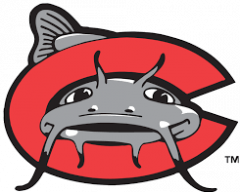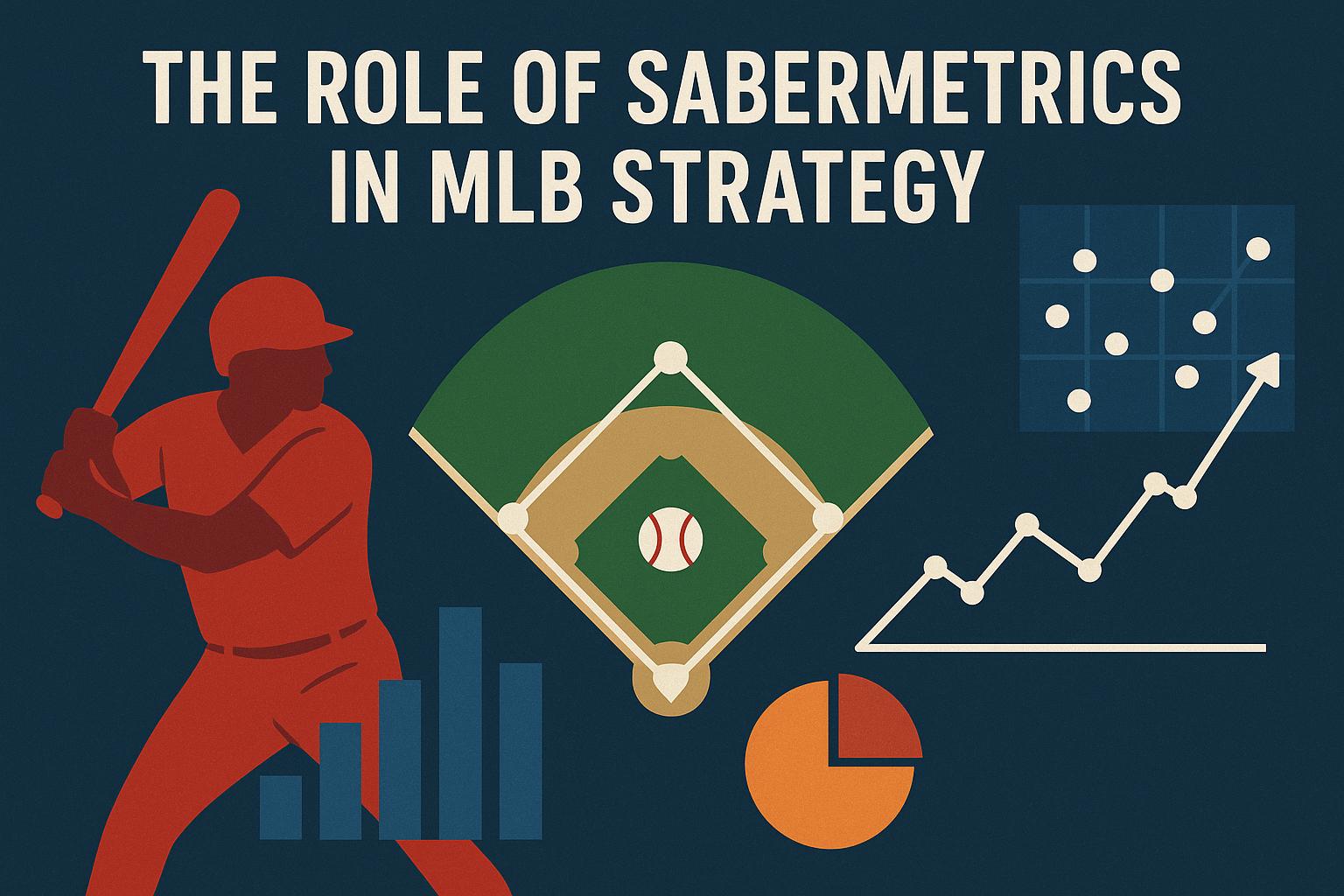The Role of Farm Systems in Major League Baseball
In Major League Baseball (MLB), farm systems are a foundational component of team dynamics and long-term success. These minor league affiliates are instrumental in developing young talent and maintaining the competitive nature of professional baseball teams. As MLB evolves, the importance of these systems becomes even more pronounced.
Development of Talent
Farm systems are strategic environments where athletes receive the crucial training needed to excel in professional baseball. These systems act as stepping stones for players aiming to reach the majors. The emphasis in farm systems is less on immediate performance under high pressure and more on skill enhancement and growth. This setting allows players to develop at their own pace, guided by experienced coaches and managers. The focus is on correcting technical flaws, adjusting playing techniques, and nurturing the mental aspects of the game.
The progression through different levels within the farm system—such as Single-A, Double-A, and Triple-A—is designed to gradually prepare athletes for the major leagues. This tiered approach ensures that when players finally make it to the top level, they are thoroughly prepared for the challenges of MLB competition. The journey through these levels is characterized by incrementally increasing competition, which tests and refines a player’s capabilities, ensuring only the most talented and ready athletes transition to the majors.
Cost-Effectiveness
Developing players through farm systems is a financially savvy approach for MLB teams. The cost of nurturing a home-grown player is considerably lower than that of acquiring established stars through free agency. This financial strategy allows teams to allocate resources more effectively, simultaneously building a competitive team without the burden of exorbitant salaries. By investing in player development, teams ensure a continuous influx of talent, ready to fill gaps as they arise.
Additionally, farm systems provide teams with significant contractual advantages. By developing and promoting players before they reach free agency, teams can negotiate long-term deals that are financially favorable. This ensures that talented players remain with the team for longer periods without ballooning payroll expenses. The ability to keep costs in check while still cultivating a winning roster is a significant strategic advantage for franchises committed to sustainable team-building.
Strategic Depth and Flexibility
A robust farm system provides much-needed depth and flexibility to an MLB team. Injuries, slumps, and other unforeseen circumstances are part and parcel of the lengthy MLB season. A well-stocked farm system allows teams to respond swiftly to these challenges. Instead of looking outside the organization to fill voids, teams can call upon their minor league affiliates to provide ready replacements. This internal flexibility keeps the team competitive without disrupting the financial structure or long-term strategy.
Moreover, strong farm systems create valuable trade assets. Promising minor league players often become critical components in trade negotiations. Teams can leverage these prospects to acquire established MLB players, strengthening their current roster without deviating from their overarching team strategy. This ability to use farm-grown talent as both immediate role fillers and tradable assets gives teams a strategic edge throughout any given season.
Maintaining Competitive Balance
Farm systems help preserve the competitive integrity of MLB by leveling the playing field across teams of varying financial capabilities. For small-market teams that cannot compete in free agency auctions for expensive stars, a strong minor league system becomes essential. Through effective player development, these teams can consistently bring competitive lineups to the field.
By emphasizing talent development over financial clout, farm systems ensure that success is within reach for every franchise. This approach enables teams to compete based on strategic prowess rather than merely financial power, fostering a more equitable league where every team has a chance to succeed based on the strength and depth of its player development.
The Future of Farm Systems
With continuous advancements in technology and analytics, farm systems are undergoing significant transformations. MLB organizations increasingly employ data-driven strategies to create personalized development programs, maximizing each player’s potential. Technologies like virtual reality and motion capture are becoming integral to training regimens, providing players with tools to enhance their readiness and refine their skill sets.
The use of analytical tools enables coaches and management to track progress more precisely and adjust training techniques to suit individual needs. This tailored approach helps players adapt more efficiently to the evolving demands of MLB competition and ensures that by the time they reach the majors, they are fully equipped to contribute at a high level.
To explore more about how farm systems are evolving, fans and researchers can engage with MLB resources. Visiting team websites and the official MLB page offers insights into the latest developments in minor league systems. Interested individuals can visit the official MLB website for more comprehensive information on specific teams and their affiliates.
In conclusion, farm systems remain indispensable in the realm of MLB. They provide structured pathways for player growth and sustain the league’s competitive spirit. As technology and analytics continue to advance, the role of farm systems is poised to expand, influencing the future directions of player development strategies and team-building methodologies in baseball. These systems, by fostering home-grown talent, underpin the enduring success and dynamic nature of Major League Baseball.





